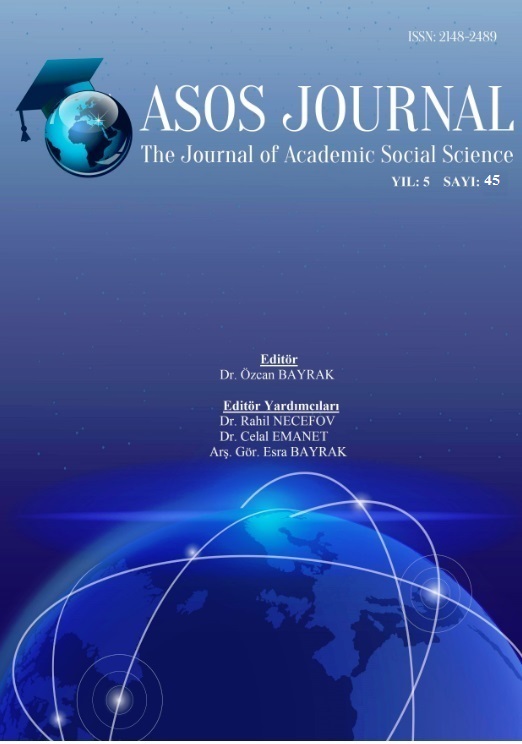Author :
Abstract
Der türkisch-griechische Streit um Zypern hat seinen Ursprung in der Geschichte der Insel. Aufgrund seiner geographischen Lage und der sich daraus ergebenden strategischen Bedeutung ist Zypern schon seit der Antike der Berührungspunkt vieler Kulturen und Zivilisationen. Zypern ist nicht nur ein Beispiel von Nationalitätenkonflikten, sondern auch ein Beispiel dafür, wie eine strategisch wichtige geographische Lage solche Konflikte hervorheben kann. Die griechisch-türkische Republik Zypern zerbrach, als die griechisch-zyprische Führung ab 1963 ihren eigenen Staat schuf. Die Konzentration der griechischen und türkischen Volksgruppen im Norden und Süden änderte das Thema des Konflikts. Ziel dieser Arbeit ist es aufzuzeigen, welche Auswirkungen der Erweiterungsprozess der EU auf die Entwicklungen im Zypernkonflikt hatte. Mit dem Beitritt der Republik Zypern am 1. Mai 2004 wurde ein neues Kapitel in der langen Geschichte dieses Konflikts aufgeschlagen, das wohl noch für einige Jahre ein interessantes Beschäftigungsfeld für Sozialwissenschaftler bilden wird.
Keywords
Abstract
The Turkish-Greek dispute over Cyprus has its origins in the history of the island. Due to its geographical location and the resulting strategic importance, Cyprus is the point of contact of many cultures and civilizations since antiquity. Cyprus is not only an example of nationality conflicts, but also an example of this, as a strategically important geographical position can point out such conflicts. The Greek-and-Turkish Republic of Cyprus broke up when the Greek leadership established their own State in 1963/64. Concentration of the Greek and Turkish Communities in the South and North respectively changed the essence of the conflict. Objective of this thesis is to show it, what impact did the process of enlargement of the EU on the developments in the Cyprus conflict. With the accession of the Republic of Cyprus on 1 May 2004 a new chapter was opened in the long history of this conflict that will probably form an interesting field of employment for social scientists for some years.





